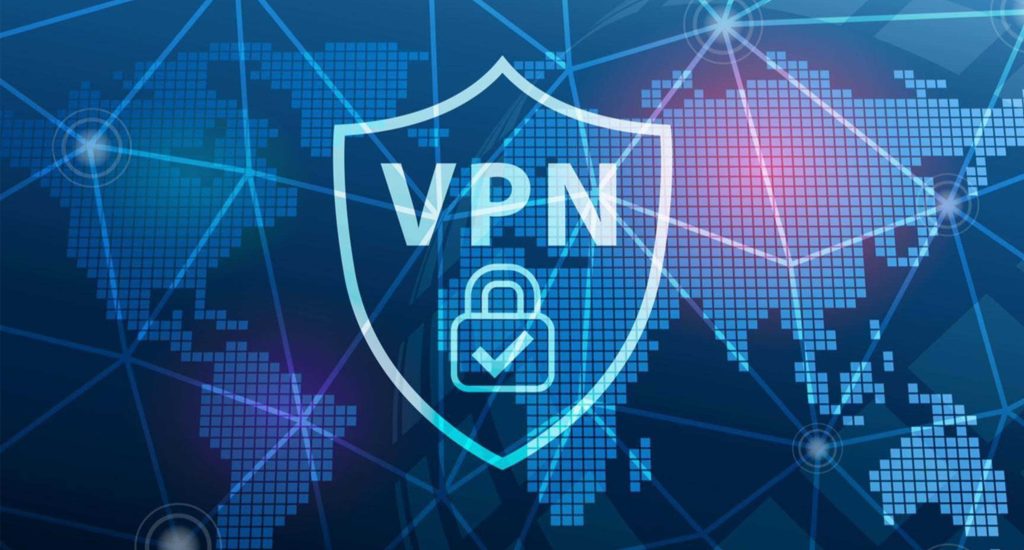VPN in Pakistan
- Fahad Bin Khalid
- November 22, 2024
- 12:42 pm
- 41
- Technology

Virtual Private Networks, or VPNs, have become a hot topic in Pakistan. Recently, the PTA announced that all VPN users must register their apps by November 30. Officials say this step will curb unethical, illegal activities. But, it has sparked debates about privacy and freedom of information.
Here’s a breakdown of the issue and its implications for VPN users in Pakistan.
Why is the Government Regulating VPNs?
The PTA’s move to regulate VPNs stems from concerns about misuse. Officials say unregistered VPNs let users bypass restrictions. They can access harmful, immoral, or blasphemous content. The Council of Islamic Ideology (CII) has weighed in. It said these apps can harm national integrity and spread false information.
Additionally, the Interior Ministry has raised security concerns. They say that VPNs are often used to hide illegal activities, like terrorism and theft.
The government hopes VPN registration will make online activities safer. It wants to prevent harm.
What are VPNs Used for in Pakistan?
VPNs are commonly used worldwide to bypass geo-restrictions and access blocked websites. In Pakistan, they often help to access restricted sites, like social media and streaming services.
For many users, VPNs are essential for:
- Accessing global content that’s otherwise blocked.
- Ensuring privacy by encrypting online activities.
- Avoiding censorship to freely express opinions online.
Officials argue that, in Pakistan, VPN misuse is more common than legitimate use.
Concerns About Privacy and Digital Freedom
The decision to require VPN registration has sparked valid privacy and freedom concerns. Critics argue that:
- Users lose anonymity: Registered VPNs may make it easier for authorities to monitor online activities.
- Restricted access: Legitimate VPN use, like for work or school, might become cumbersome.
- Digital censorship: The move may limit access to information. It could harm free speech and individual rights.
Netizens are questioning the need for such tight control over their browsing. Internet freedom is already limited in the country.
Balancing Security and Freedom
The debate shows we must balance responsible internet use and personal freedoms. On one hand, registering VPNs could improve accountability and curb misuse. On the other, it risks infringing on privacy and access to information.
The PTA and officials must address these concerns transparently. They must not penalize legitimate VPN users. Striking the right balance is essential to maintaining trust while ensuring national security.
VPNs in Pakistan remain a tool for both empowerment and controversy. As the November 30 deadline nears, discussions rise. They stress the need to use digital freedoms responsibly in our connected world.




It is in reality a great and useful piece of information. I’m happy that you simply shared this useful info with us.
Please stay us informed like this. Thank you for sharing.